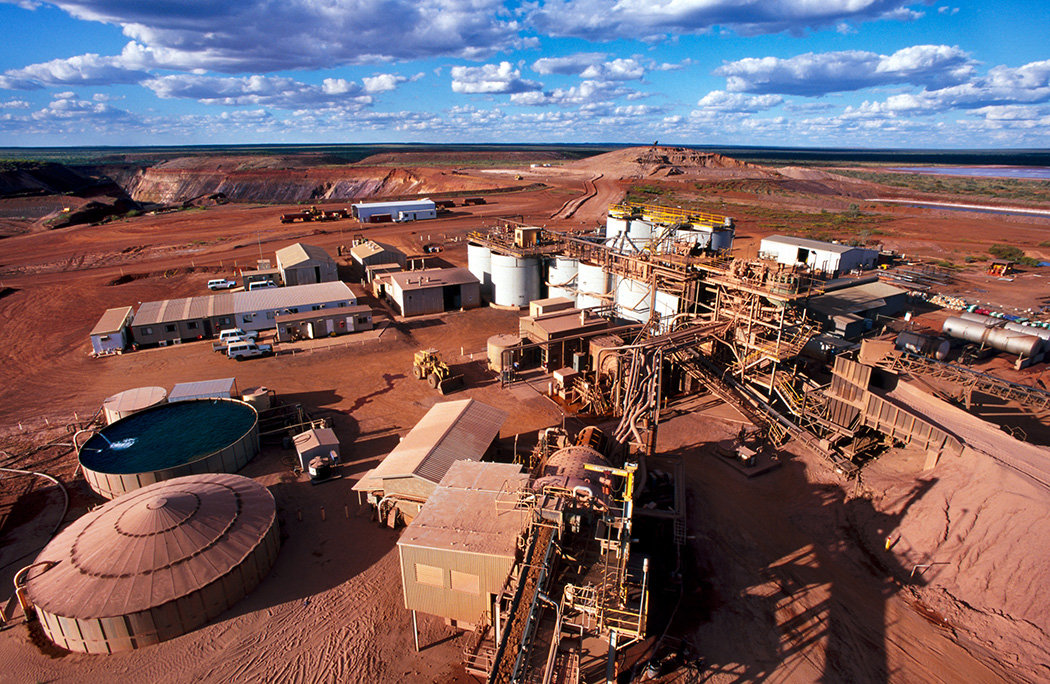
Optimized renewable generation is a critical component of mining company’s net zero GHG emissions goal
PXiSE is delighted that its Microgrid Controller will manage the hybrid renewable power generation resources supplying power to the remote Bellevue Gold mine in Western Australia. Bellevue Gold is forecast to be a top-20 Australian gold producer and to have the lowest greenhouse gas intensity of any major Australian gold project, prompting renewables to factor highly in its operations.
Remote mining operations typically rely on gas and diesel generators, which require fossil fuels to be trucked long distances, increasing costs and greenhouse gas emissions. Bellevue Gold will dramatically reduce its reliance on fossil fuels by implementing an 88MW off-grid microgrid. The microgrid will include 16.8MW of solar PV, 24MW of wind generation, a 15MW/30MWh energy storage battery, and diesel and gas generators.
Up to 80% of the project’s power needs will be met with renewable energy and the PXiSE Microgrid Controller will enable the project to operate on 100% renewable energy and seamlessly switch to an ‘engine-off’ mode during periods of high renewable energy generation. Using a proprietary predictive analytics engine, the PXiSE Microgrid Controller uses weather forecasts to schedule and dispatch assets, and independently controls real and reactive power in real time to compensate for sudden load changes to maintain the microgrid’s stability.
Using renewable power is considered risky by some, especially in a remote, islanded industrial application where consistent and reliable power quality is critical to ensuring maximum uptime for operations. PXiSE’s Microgrid Controller was selected due to its ability to autonomously run a complex hybrid microgrid, making it ideal for a situation where there isn’t a larger grid available to provide backup power and support.
The microgrid, which will power the mining facility, processing operations, related staff accommodations, and more, is expected to come online in early 2024.

